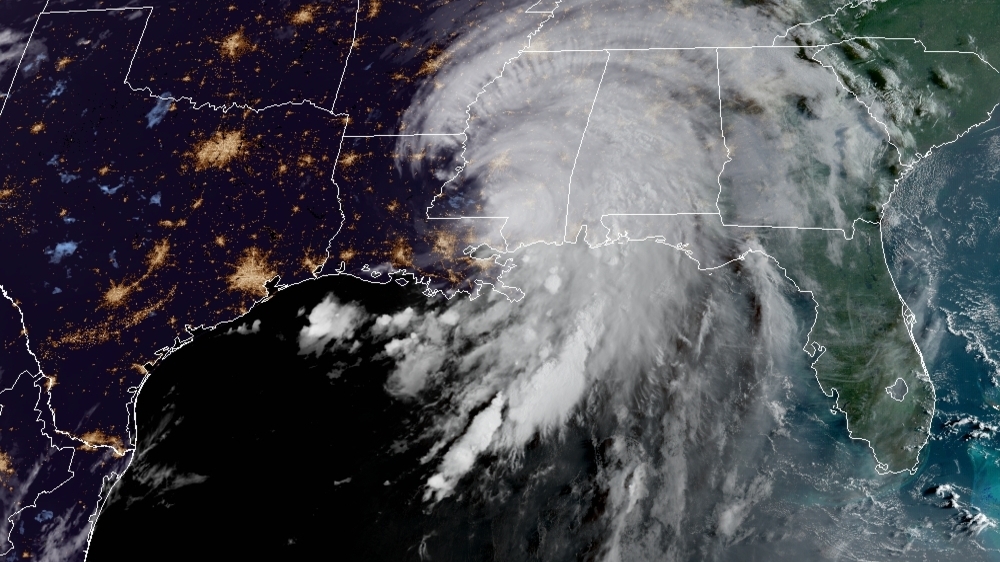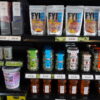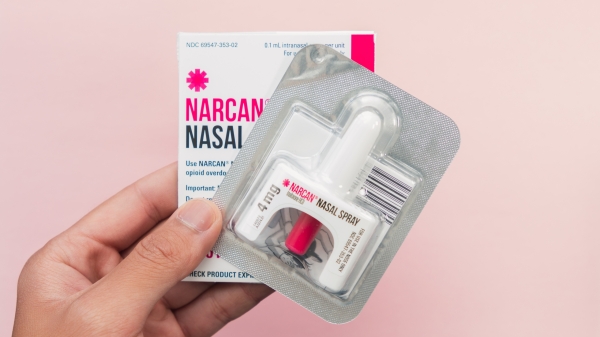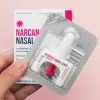Alabama Governor Kay Ivey on Thursday issued a supplemental state of emergency to the current state of emergency in place for Hurricane Ida. Alabama was just one of dozens of states impacted heavily by the powerful hurricane that barreled into Louisiana and Mississippi and then went on a tour through the Appalachians and Atlantic Coast to New England, spawning tornados, high winds, storms and torrential rainfall.
The hammer fell hardest though on our neighbors in Louisiana and Mississippi.
There are currently Hurricane Ida evacuees from those states in Alabama, and Ivey wants to be sure that we do everything in our power to aid in their recovery. This supplemental proclamation is geared at enabling Ida evacuees to more easily obtain emergency prescription refills.
“We currently have Ida evacuees staying in Alabama, and I want to ensure that our state is doing our part to bring any possible relief to them,” Ivey said. “Following a tough storm, obtaining prescription refills can be problematic, and this supplemental state of emergency will enable these evacuees to safely and more easily get those refills. We will do all we can to help our friends in Louisiana and Mississippi get back on their feet, and I want to assure them that they are more than welcome to contact this office for assistance.”
The proclamation will enable Hurricane Ida evacuees to more easily obtain “emergency” prescription refills. Under current law, when an Alabama pharmacist cannot readily obtain formal refill authorization, he or she may give the patient an “emergency” refill of up to a 72-hour supply of the medication. Under today’s proclamation, that 72-hour limit is extended, allowing the pharmacist to dispense a 30-day emergency supply of the medicine.
The proclamation retains existing safeguards to prevent abuse.
Schedule II drugs (such as oxycodone and fentanyl) may not be prescribed on an emergency basis, for example. For a medicine to be covered, it must be essential to maintain life or to continue therapy for a chronic condition. The dispensing pharmacist must obtain some reasonable verification of the original prescription, such as a pill bottle. Under this statute, the dispensing pharmacist must be sure to document the emergency refill. Individuals needing emergency drug refills not covered by this proclamation will need to obtain a new prescription.
Evacuees from storm-ravaged areas in Louisiana are being urged not to try to return until it is safe to do. Much of Louisiana does not have electricity and rubble and floodwaters have made some areas inaccessible. The evacuees are staying in Alabama’s hotels and motels as well as in many cases with family who live here.
The governor is continuing efforts to recover from this week’s severe weather here as well as assisting the hurricane evacuees who found safe haven here in Alabama.


















































